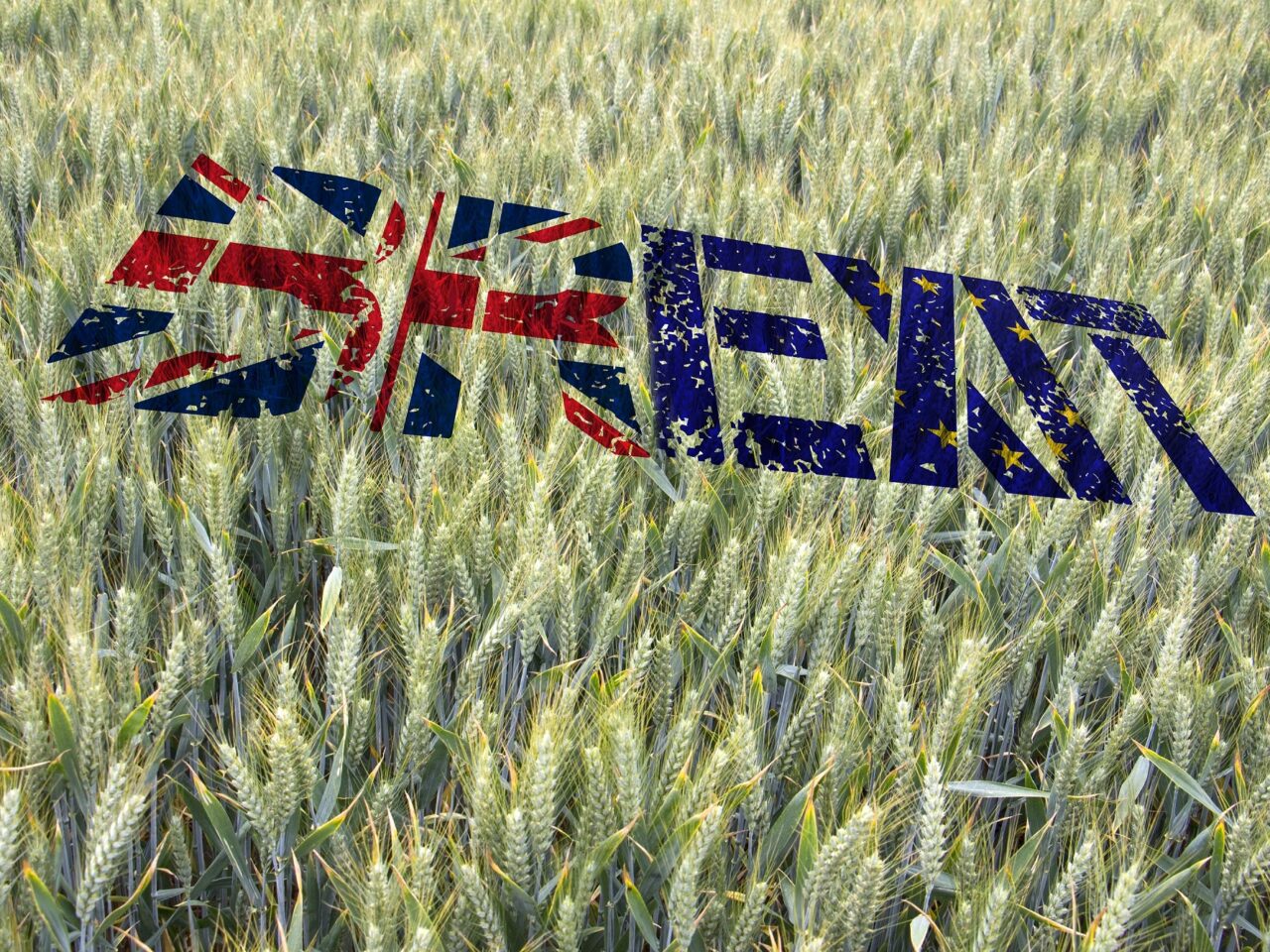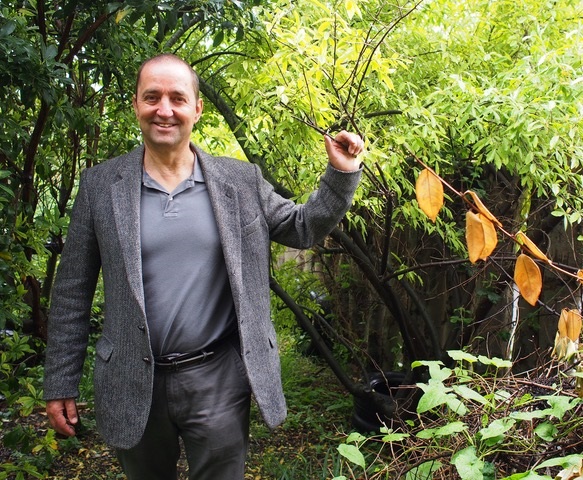
Sponsored
BombusLeaf Wraps are an affordable replacement for conventional fabric wraps, single use plastic bags, cling film and foil to wrap or cover food such as; bread, cheese, fish, fruit, meat, and sandw as well as other raw and cooked foods.
Made from 100% natural and sustainable materials; meadow grass, wood pulp and wild beeswax, they are naturally protective, antibacterial and easily cut or torn to the size you need for use with food at home or on the go.
BombusLeaf wraps are home compostable or they can be used as fire lighters for wood burning fires once no longer usable.
For more information and to place your order please contact helen@healthandwholefood.com
Tel: 07944307635

Soil Association Certification is holding its final webinar for organic businesses to get ready for Brexit this week.
The free Brexit webinar takes place on Wednesday, December 2, between 2pm-3pm, and is designed to support the organic industry in their preparations for Brexit. The webinar is the last in a series designed to help Soil Association Certification licensees and all other organic businesses and industry stakeholders in the UK get ready for the end of the transition period.
Lee Holdstock, Trade Relations Manager at Soil Association Certification, commented: “This webinar is a critical opportunity for organic businesses to stay informed of the latest developments on trade continuity in the organic sector and ensure that they’re ready for trading in 2021. Through continued interaction with DEFRA and other key stakeholders, we’ve put together these webinars to ensure all organic businesses are up to date and able to run as smoothly as possible, throughout the transition period and beyond.
“We’ve worked hard to achieve EU recognition of our certification offer and have raised a number of other import, export and labelling issues, which we’ll continue to update organic businesses on in the coming weeks.”
You can sign up at https://register.gotowebinar.com/register/5612534479491274254

A well-known organic leader has urged for organic food and farming to be at the heart of greener efforts in a post-pandemic world.
Alex Smith, the founder of pioneering organic and ethical food company Alara Wholefoods, made the comments in a wide-ranging interview with Ian Wright, the Chief Cxecutive at the Food and Drink Federation (F&DF).
In the interview, he says that the present pandemic should be put into sharper perspective, commenting: “Covid has been terrible in terms of the shocking disruption and dreadful loss of life but climate chaos is going to be much worse, and a much harder thing for us to deal with.
“That’s why gaining a better understanding of the profound climate impacts that food production has is so vital. Food production accounts for around one third of climate change gases, and 10 per cent of all climate change gas on the planet is nitrous oxide, mainly arising from artificial fertilisers. These are absolutely key things that the food industry is going to have to take on board. It’s not just about greening electricity and factories, we need to think about the embedded CO2 in all the food that is being sold.”
Smith points out that organic offers a proven template for sustainable food and farming and he is convinced that sustainable food systems can be a vehicle for transformational change. This is why Alara is fully behind the Grow Back Greener movement.
He added: “There is a real opportunity now for us to go to a really amazing place. It’s not sackcloth and ashes, it’s the next iteration of society.”